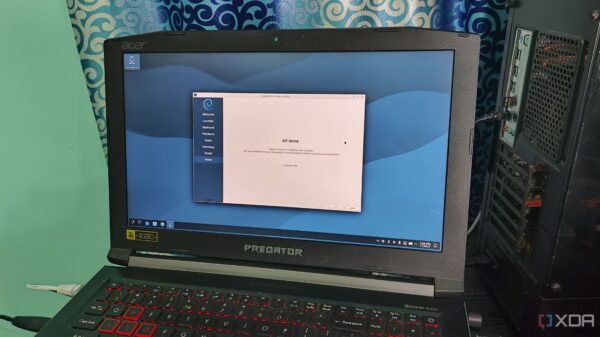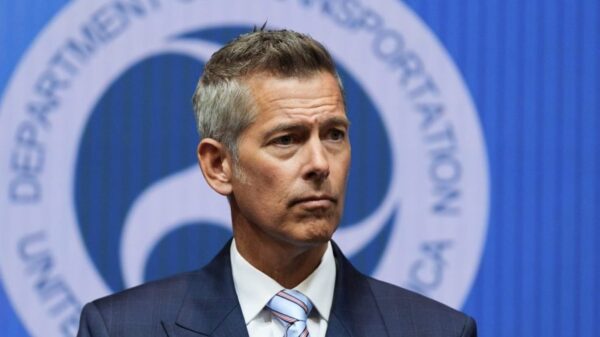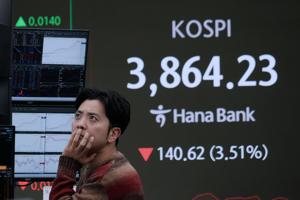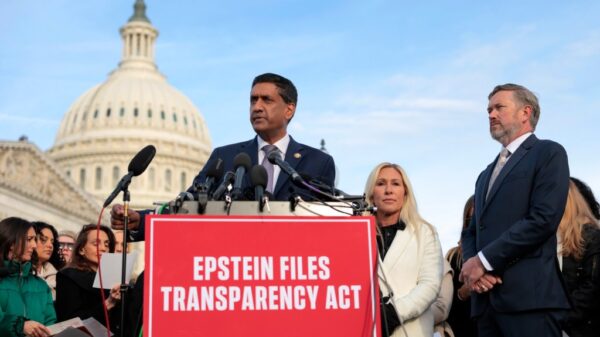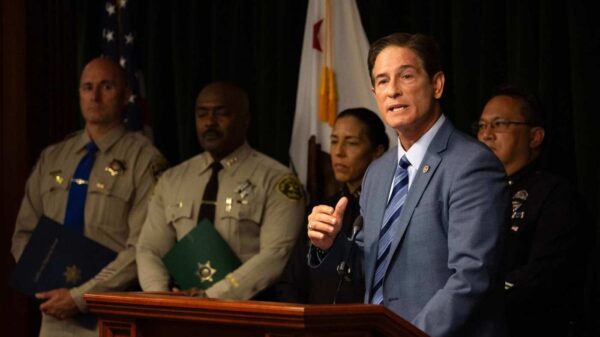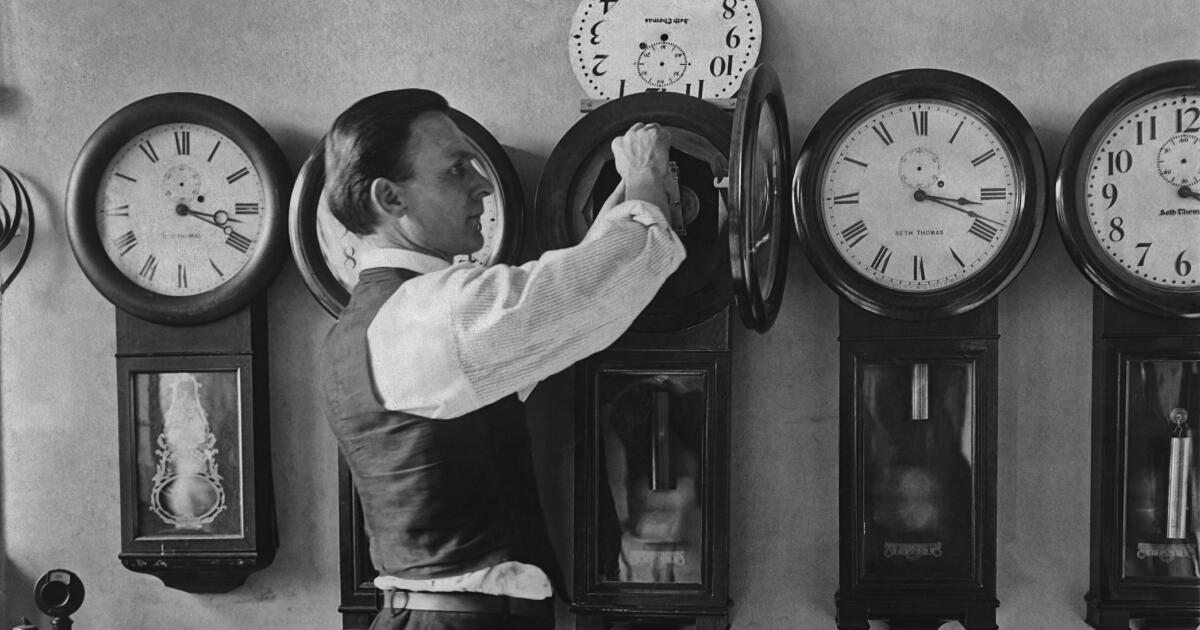UPDATE: The debate over daylight saving time intensified as experts and communities grapple with its implications on human nature and societal productivity. With the time change just around the corner, voices from various sectors—including academia, indigenous communities, and the workforce—are raising urgent concerns about the biological and ecological impacts of adjusting clocks.
Just announced: Rachelle Wilson Tollemar, a lecturer at the University of Wisconsin-Madison, argues that the practice of changing clocks runs counter to our natural instincts. In a compelling analysis, she highlights how this biannual ritual disrupts our biological rhythms, forcing humans to conform to a system designed primarily for 9-to-5 workers and the capitalist economy.
The rationale behind daylight saving time—to “save” daylight—has come under fire. Critics, including Tollemar, emphasize that this approach ignores the inherent cycles of nature where animals hibernate and plants go dormant. “As far as humans know,” she states, “we are the only species that chooses to fight against our biological presets.”
Tollemar’s insights shine a light on an overlooked issue: the cultural narratives that dictate our relationship with time. Indigenous perspectives, which have existed long before the advent of capitalism, operate on cycles that respect natural rhythms. Meetings in traditional cultures were often scheduled according to significant lunar events rather than arbitrary clock times. This inherent understanding of time fosters a profound connection to nature, suggesting that humans should not impose rigid structures upon the organic world.
Why this matters NOW: As the world grapples with socio-ecological crises, the implications of daylight saving time extend beyond individual inconvenience. The practice is criticized for perpetuating a work culture that prioritizes productivity over well-being, reinforcing the notion that only certain roles deserve accommodation while others, like care workers, remain overlooked.
This raises crucial questions: Does the economy truly require that extra hour of sunshine? The push to maximize economic output through daylight saving time, according to scholars, reflects a broader trend of viewing time as a mere resource to be exploited. The 2016 book “The Slow Professor” by Maggie Berg and Barbara K. Seeber underscores this point, arguing that modern work culture increasingly treats time as a commodity, subject to management and control.
As we approach the clock change, Tollemar urges a reevaluation of our relationship with time, advocating for a shift in focus from maximizing daylight to reducing the hours we are expected to be productive. “Disobeying the rhythms of nature,” she warns, “only perpetuates the environmental decline characteristic of the current capitalist era.”
What happens next? With the clocks set to change soon, communities and policymakers may need to consider the broader implications of this biannual adjustment. An ongoing dialogue around time, productivity, and human well-being is more pressing than ever.
As the debate heats up, sharing your thoughts on daylight saving time could contribute to a larger conversation about our relationship with nature, work-life balance, and the need for a more sustainable approach to time.
Stay tuned for more updates on this developing story as experts continue to weigh in on the future of daylight saving time and its impact on our lives.




